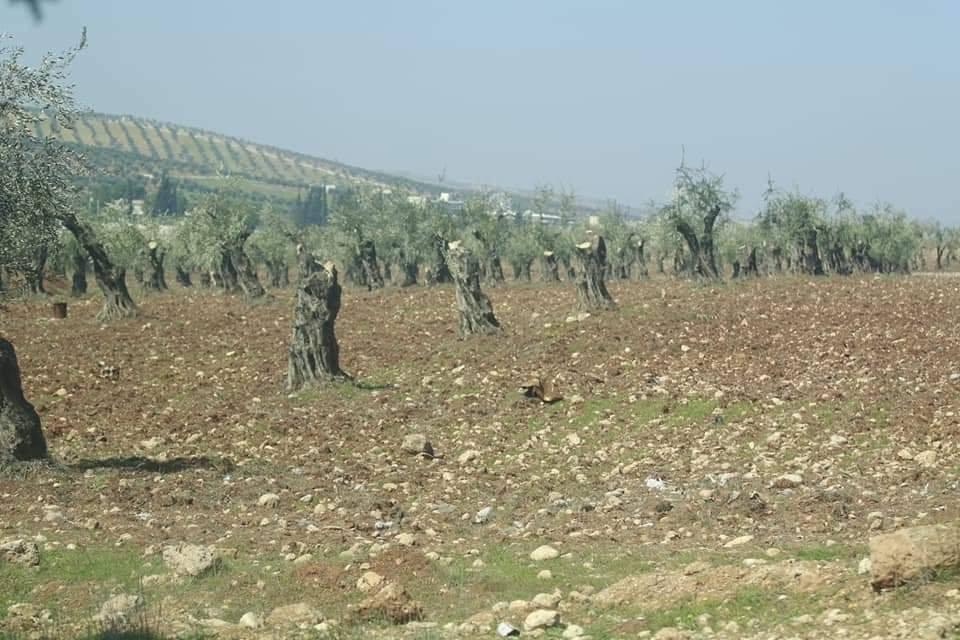News
The war resulted in negative environmental damage: North- East Syria as a model

Environmental life has been greatly affected by the war that has been going on in Syria for more than a decade.
On the International Day for Preventing the Use of the Environment in Military Conflicts and Wars, Aso News Network highlights the environmental damage caused by the war in the North-East of Syria.
Fahad Osey, an agricultural engineer, explains the role of the Turkish occupation in destroying the infrastructure in the region, since Turkey and the armed Syrian opposition factions invaded the area.
“The military factions that rule Afrin, for example, have uprooted and burned olive groves and sold them as firewood to the Turkish state at cheap prices,” he says.
Osey notes the decline in the areas of strategic agricultural crops such as wheat and fodder crops, which constitute 85% of the region’s total economic sector, as a result of the Euphrates water confinement in addition to the systematic burning of agricultural crops.
The role of the armed factions, in addition to other armed groups, confirms the looting of the livestock sector in the region, through the smuggling of high-quality cows and sheep to the Turkish state and neighboring countries.
In a related context, the agricultural engineer in the Agriculture and Irrigation Committee, Sheikh Nabi Khalil, confirmed that the long war caused great losses, as the forest cover was subjected to great damage, and the forests were subjected to frequent arson fires, in addition to the random cutting of trees, in addition to soil pollution as a result of the remnants of the war. of explosives.
Sheikh Nabi also notes air pollution as a result of the increase in carbon dioxide emissions as a result of coal production, frequent fires, and oil refining by primitive methods.
Khalil confirms that the Turkish state has worked to imprison the Euphrates River from the regions of North-East Syria, as the region’s allocations of river water are 500 m3 / sec per day, while the amount that reaches does not exceed 200 m3 / sec.
This affected the vegetation and animal cover.
He believes that there must be concerted local and international efforts and joint planning between agencies to mitigate environmental damage and to develop well-thought-out plans in the short term and to continue long-term efforts to ensure the recovery of the environment.
